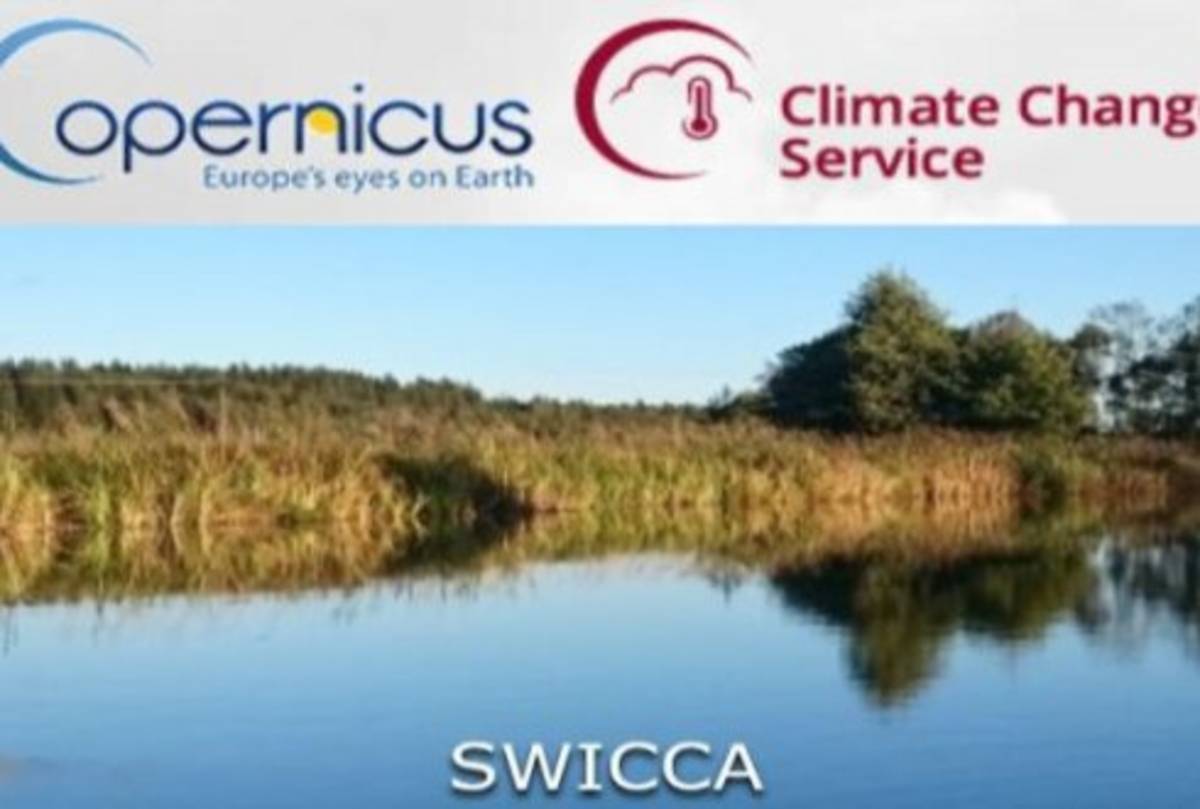New service for climate-change adaptation in water management

European consultants, or ‘Knowledge Purveyors’ play an important role to bridge the gap between scientific data provision and societal needs in the creation of climate services for which they need to be equipped with the latest techniques and knowledge in both climate science and water management.
SWICCA has engaged ten knowledge purveyors to co-design the Sectoral Information Service (SIS) for Water Management. Community building among purveyors has been initiated across Europe to foster sharing of experiences and know-how. The bottom-up approach for knowledge brokerage is elaborated using a participatory process in 15 case studies, representing different situations in water management.
SWICCA held its General Assembly on 1-2 December 2016, where purveyors presented their case study progress, and discussed adaptation for climate resilient water management. The goal was to share experiences from using five indicator types (Water Quality, Water Quantity, Air, Temperature, Socio economics).
The workshop outcomes show that the SWICCA Demonstrator is an easy method to download and apply the available data to the case study workflow. All information can be found in one place with quality metadata, and consistent datasets.
One of the case studies (run by Wageningen Environmental Research (Alterra)) is the Green Circles initiative, aiming to develop a future proof region with sustainable economic growth and healthy living environment. The current drinking water supply in the Randstad region is dependent on river water. Climate change could threaten the water supply, as periods with extremely low discharges may occur more frequently in future. Drainage of surrounding agricultural land will further increase soil subsidence. This will have a negative impact on water quality and cause loss of biodiversity. The green circle case study seeks innovative solutions and will address these in an integrated, holistic way. Sustainability and business development will go hand in hand.
Links:
>> Read more about this SWICCA case study
Copernicus is the EU’s Earth Observation programme. It provides environmental data freely and openly to assist policy-makers and planners, industry and business and scientists and academics with reliable, timely and quality controlled information.
For more information about how to join the C3S SWICCA Knowledge Purveyors Network, please contact Lorna Little, Swedish Meteorological and Hydrological Institute (SMHI).
SWICCA is a Copernicus Climate Change Service (C3S) project run by SMHI, on behalf of the European Centre for Medium-Range Weather Forecasts (ECMWF) for the European Commission.
Event Information
Date: 19.12.2016 - 12:09 PM
Contact
- Francine Loos
- Phone: +31 (0)317 481918
- Email: francine.loos@wur.nl